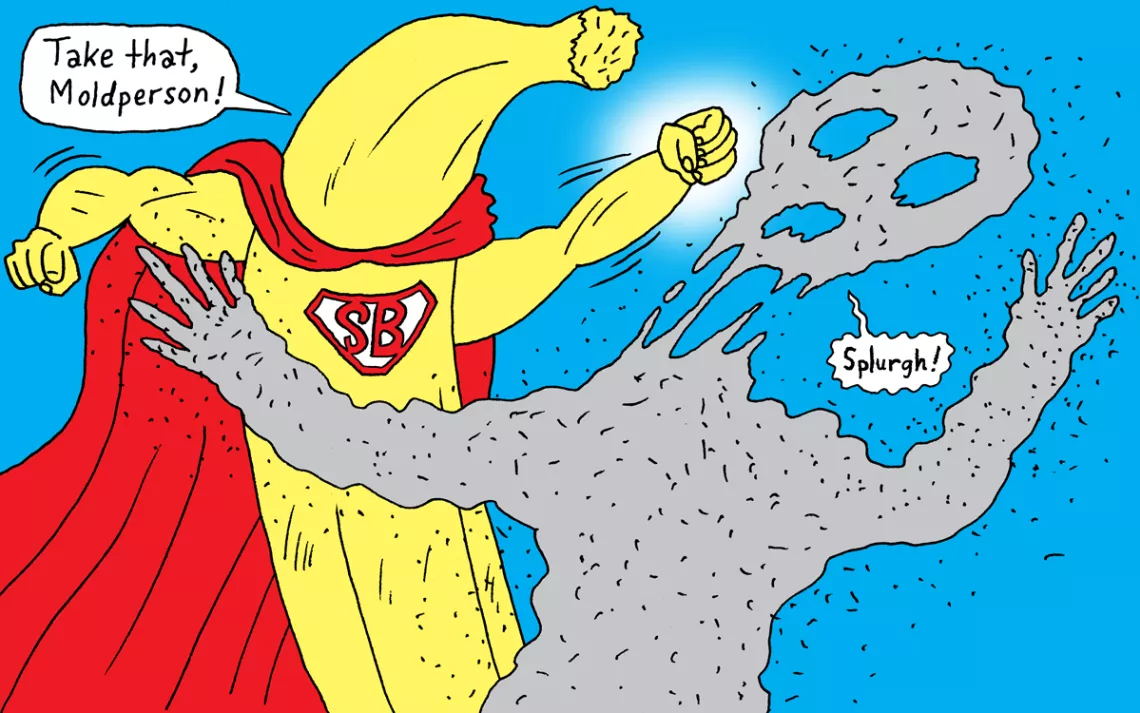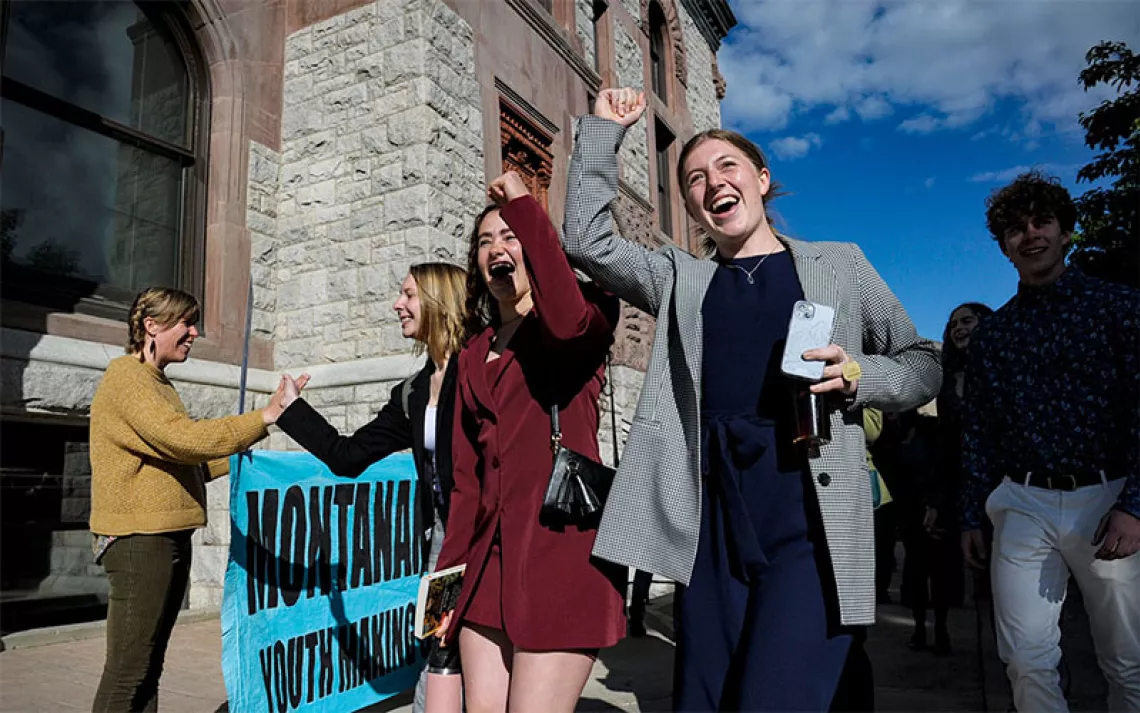ICYMI: Bananapocalypse, Labradoodle Monster & the UN
A weekly round-up for busy people

Illustration by Peter Arkle
Scientists have turned to CRISPR, the gene-editing tool, to try to save the doomed grocery store (a.k.a. Cavendish) banana.
The United Nations Climate Action Summit begins with a scathing speech by Greta Thunberg but ends without much commitment from the big emitters.
The mysterious “Havana Syndrome” affecting US and Canadian diplomats in Cuba may be the result of repeated exposure to insecticides in an attempt to protect them from Zika-carrying mosquitoes. (Previously on ICYMI: Strange “sonic attacks” reported during this time were possibly flirtatious crickets).
The dog breeder behind the first Labradoodle describes it as one of his life’s great regrets and “a Frankenstein monster.”
The world's oceans are rising faster than we thought.
During Tropical Storm Imelda, chemical plants and refineries in southeast Texas released 100,000 pounds of air pollutants like benzene and ethylene oxide. The largest was ExxonMobil, clocking in at 36,000 pounds emitted.
In the western Alps, the Mont Blanc glacier is on the verge of collapse.
Growing up in a home with “farmlike microbiota” (even if your home is not technically a farm) is useful when it comes to not developing asthma.
A walrus defending her cubs sinks a Russian Navy boat in the Arctic Ocean.
Water treatment plants that continually violate pollution standards are 40 percent more likely to be providing water to minority neighborhoods.
The Bureau of Land Management’s new headquarters in Colorado will share an office building with several prominent oil-and-gas movers and shakers, like Chevron.
A small Ukranian natural gas company plays a starring role in the Trump impeachment inquiry.
An EPA advisory panel of air pollution scientists that was cut by the Trump administration will meet and deliver their advice to the EPA anyway.
Minnesota announces that it will join the 13 states (and the District of Columbia) in adopting California's stronger clean car standards.
After Amazon employees organize a walkout during the Climate Strike, the company promises to buy 100,000 electric-powered delivery trucks, publish its annual carbon emissions, spend $100 million on reforestation, and convert to 100 percent renewable energy by 2030.
In 2015, the US and 23 other countries agreed to double spending on clean energy research in a plan called “Mission Innovation.” They have not actually done this.
The last nuclear reactor at Three Mile Island shuts down for good, though some employees will stay on until 2060 to guard its nuclear waste.
The summer of 2019 was the warmest summer in modern history.
Texas will produce more electricity next year from wind than coal.
Cats really do like people. Well, some people.
 The Magazine of The Sierra Club
The Magazine of The Sierra Club



